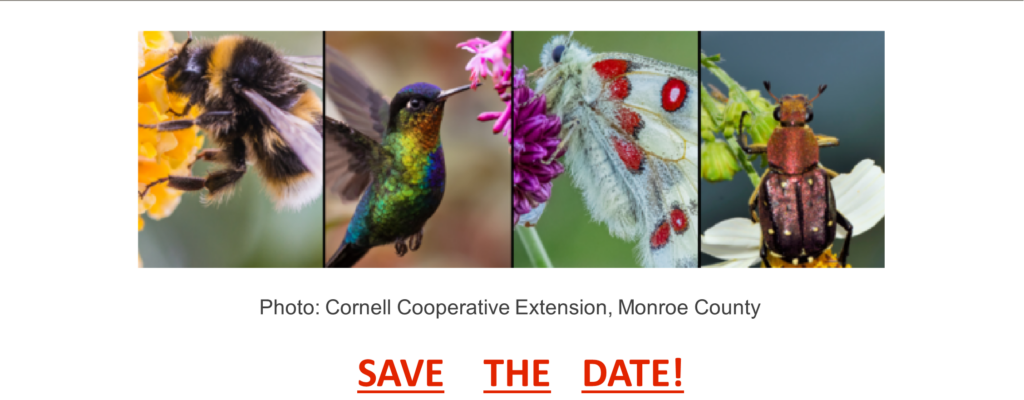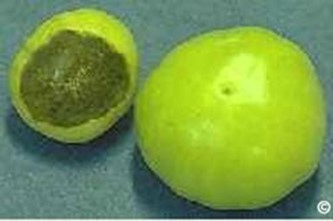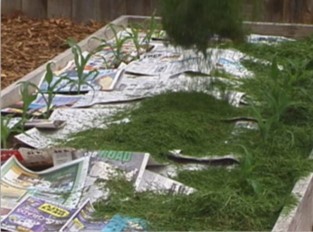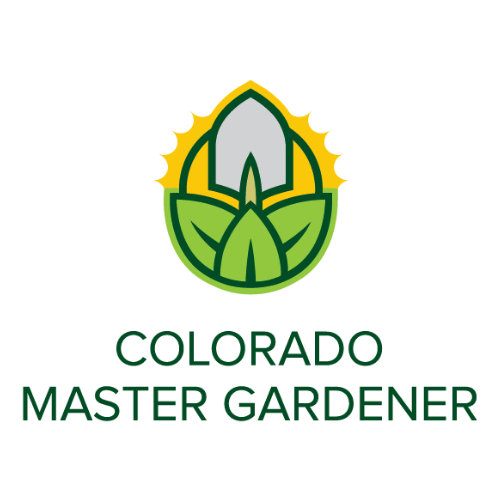The Littleton Pea Patch has been a community garden for more than 30 years. It is located just east of downtown Littleton between the Rose Memorial Garden and Colorado Center for the Blind.
- Address: 2171 W Shepperd Avenue, Littleton, CO
- Contact us: Email or call 303-730-1920
- This garden is not open to the public. For more information on how to rent a garden plot, visit the City of Littleton website.
The Arapahoe County Master Gardener program has had a donation garden at City of Littleton Community Gardens since 2011. Our mission began and has remained to grow and donate fresh pesticide-free produce to support our local community foodbanks. “We partner with our fellow Pea Patch gardeners and have donated over 5,000 pounds of fresh produce since the Grow & Give program’s inception in 2020. That makes us the biggest donator in the state!”
THE PEA PATCH DISPATCH
Welcome to our second year of The Pea Patch Dispatch brought to you by the Arapahoe County Extension Master Gardener volunteers. We hope you found our tips helpful last year and plan to provide you with even more science based information this year so you get the most from your garden. If there are particular vegetable garden topics or questions you’d like answered in the Dispatch, send them to us at cmgppatch@gmail.com We’re always looking for ideas.

POLLINATORS GALORE
There’s more to pollinators than butterflies and bees. Join the Master Gardeners August 3 at 10:00 for an informative talk about the pollinators you see (and maybe some you’ve missed) visiting the Pea Patch Garden and why they’re essential to our gardening success. See you there!

Blossom End Rot
How disappointing to find the bottom of your first tomatoes of the season have rotted. Blossom end rot is caused by a calcium deficiency and can be found in peppers, squash and eggplant too. Consistent watering is the best way to avoid blossom end rot along with mulch to keep soil moisture even. This Fact Sheet has more info on common tomato problems.
Check out the Grow & Give A-Z Growing Guide for
answers to your vegetable gardening questions.

Mulching the Vegetable Garden
There are many benefits to mulching your garden: reduces water evaporation, stabilizes soil moisture, helps prevent weeds and, in some cases, extends the growing season. When it comes to the vegetable garden, not all mulches are created equal.
Grass clippings make a terrific mulch but only in thin layers up to 1/4” thick. Clippings should be dry before adding more. Don’t use clippings that have been treated with herbicides or pesticides in the last month. A couple sheets of newspaper under clippings help prevent weeds.
Certified weed-free straw, compost and leaf mold are great options and can be tilled into the soil in the fall as an amendment.
Wood or bark chips shouldn’t be used in the garden as they interfere with future garden prep and take years to decompose in our Colorado soils. Best to limit their use to paths between raised beds.
For more detailed information on these and other mulch options, check out this CMG Garden Note.
Have the latest news & hot topics for gardeners delivered to your inbox year-round. Subscribe to Extension’s Garden Buzz newsletter.

CSU Extension has loads of resources available throughout the year to help with your gardening questions. Here are a few:
CO-Horts Blog – gardening advice and observations from CSU Extension Agents and specialists.
CSU Gardening Webinars – free monthly webinars on a variety of interesting topics.
CSU’s PlantTalk – brief articles on a wide range of topics with links to more resources.
Garden Notes – science-based info you’ll want to care for your lawn and garden.
Follow us on Facebook and Instagram.
Horticulture Resources
- Garden Buzz Archives
- CSU Extension Resources
- Colorado Master Gardener Program
- Foothills to Plains Native Plant Master Program
- Native Bee Watch Community Science Program
- The Co-Hort Blog
- PlantTalk Colorado
- Soil Testing
- Plant Select
- Emerald Ash Borer
- Japanese Beetle
- Colorado State Forest Service
- Ask an Expert







